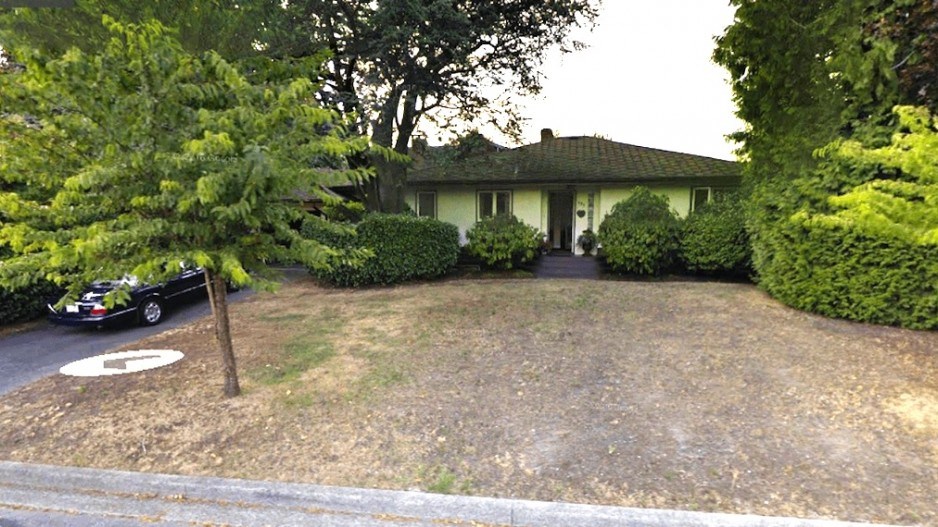More than 1,700 owners of detached housing lots in Vancouver’s Cambie Corridor could have their property rezoned for multi-family housing under the city’s Phase 3 Cambie Corridor approved by council this week.
For some owners, it could mean a windfall price in Vancouver’s slowing detached market, where west sales are down 34% from a year ago.
Land assembly agents say there has been a lot of interest from local house owners and developers in the potential for higher-density zoning.
“There is a lot of traction,” said Jerry Lee, a land assembly and acquisition analyst with London Pacific, a real estate company experienced in land assemblies. Lee expects the action to heat up now that the Phase 3 plan has been approved.
The overall Cambie Corridor planning area covers West 16 Avenue to the Fraser River between Oak and Ontario streets. It’s about 1,000 hectares, more than twice the size of Stanley Park.
Phases 1 and 2, adopted in 2011, focused on Cambie Street and major connecting arterials, such as West 41 Avenue. Much of the subsequent strata development is widely considered unaffordable for average Vancouverites. New strata units in the Cambie Corridor are selling for north of $1,300 per square foot, according to December survey by Urban Analytics.
Phase 3 addresses land use policy for areas off of the arterials, as well as the new municipal town centre around Oakridge mall. There are also nine unique sites within phase three – larger sites such as the King Edward mall at Oak Street and King Edward.
Existing single-detached housing in the area will be opened up for mid- and high-rise condominiums, townhouses and below-market rental apartments, according to a city release.
House owners in the Phase 3 Cambie corridor area could expect a “substantial lift” in land value should their property be part of an assembly for higher-density development, Lee said.
The current benchmark price for a single-detached house in the Cambie area is approximately $3.5 million, according to the Real Estate Board of Greater Vancouver. In December 2017, however, a condo developer paid $8.5 million for a “teardown” 66-year-old three-bedroom house on an 8,760-square-foot lot at West 35 Avenue at Cambie Street as part of a land assembly.
This suggests that a substantial incentive would be required to convince developers to provide rental apartments at below market rents.
"The [Phase 3] plan allows for additional height and density for projects providing new below-market rental units in strategic areas of the plan, such as high density areas in the Oakridge Municipal Town Centre, unique sites, Oakridge apartment area and local shopping areas," according to City of Vancouver spokeswoman Nancy Eng.
Under the City’s Rental 100 program that provides incentives to rental developers, affordable rent is defined as $1,760 for a one-bedroom apartment and $2,505 for a two-bedroom unit.




